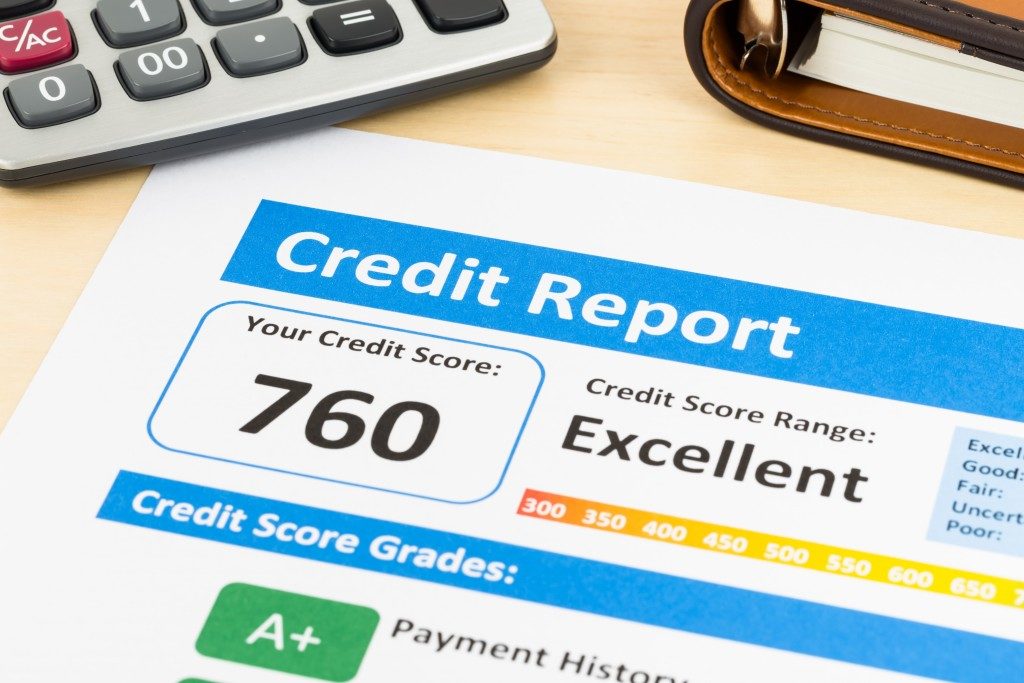Is it your first time to buy a house? If it is, your family and peers have probably told you to “fix your credit.” Your credit score is the most crucial factor when you’re applying for a mortgage. It will determine how much of your money will go to your loan’s interest, your monthly payments, and the total amount you pay for your house.
How exactly does your credit score influence mortgage rates?
Better Score = Better Rates
The creditor is taking a risk by lending you money for your home. So the lender will look at your credit score to see if you’re capable of returning the money you borrowed. Your credit score demonstrates how responsible you are with your previous credit obligations.
A low credit score may be due to frequent late payments, a high outstanding balance, or errors in your credit report. Whereas a high credit score implies that you’ve been responsible with your payments, you’ve kept your balances low, and you’ve managed to avoid charge-offs, debt collections, and other credit blunders.
In short, a good credit score assures the creditor that you won’t default on your loan. Seeing that you’re a low-risk client, the lender will grant you a low-interest rate on your mortgage. And the lower the interest, the lower your monthly payments are.
For example, you have a 15-year fixed-rate loan on your $200,000 home. With a score of 760 to 850, you’ll get an annual percentage rate (APR) of 2.923 percent with a monthly payment of $1,374. The total interest you pay for 15 years amounts to $47,278. But with a credit score of 620 to 639, you’ll pay $1,531 monthly at an APR of 4.512 percent. This equals to $75,618 spent on interest over the life of the loan.
You can plug your loan term, credit score, and loan amount in this online calculator by FICO, or the Fair Isaac Corporation, so you can get a ballpark figure of your monthly payment. The calculator also allows you to input which state you live in since interest rates differ across state lines. For instance, the average rates for a housing loan in Ogden, Utah may be lower than the rates in Detroit, Michigan because of each state’s housing market.
Minimum Credit Scores for Different Types of Mortgage

A good credit score is usually 700 and above, whereas an a bad score would be below 500. Any number in between is an acceptable score, but you’ll still find it difficult to land a good mortgage deal.
You can still get a mortgage with a low credit score. Different lenders can be stricter about other aspects of your finance if your credit score isn’t ideal. Also, the credit requirements vary depending on the lender and the type of loan you’re applying for.
Here’s a rundown of the minimum credit score for different loan types:
- Conventional Loans: Private lenders, such as the Federal National Mortgage Association (Fannie Mae) and Federal Home Loan Mortgage Corporation (Freddie Mac), usually accept a credit score of 620. But some may ask for additional requirements, like a low outstanding debt to compensate the low score.
- FHA Loans: The Federal Housing Administration offers loans for low-to-moderate-income borrowers. The FHA accepts credit scores between 500 to 579 and a down payment of at least 10 percent. But if you have a score of 580 or higher, you’re qualified for a 3.5 percent down payment.
- VA Loans: The U.S. Department of Veterans Affairs backs loan offers to active and veteran military personnel and their families. VA-backed lenders commonly require a 620 credit score.
Look for loan options that will allow you to borrow money even with a low score if you’re struggling to fix your credit. But a high credit score is still your best bet at landing a good mortgage deal. Start monitoring your credit activities early to improve your score and avoid housing problems later on.




